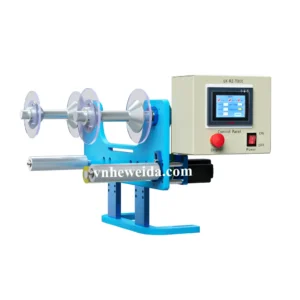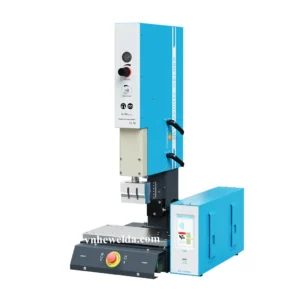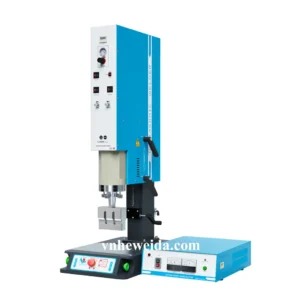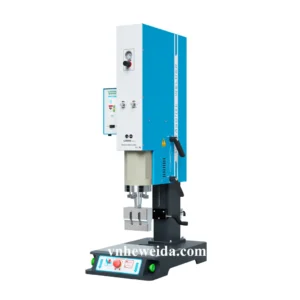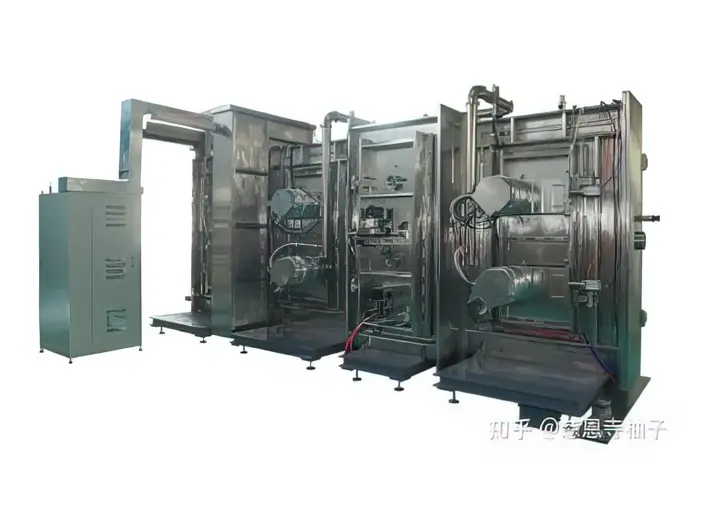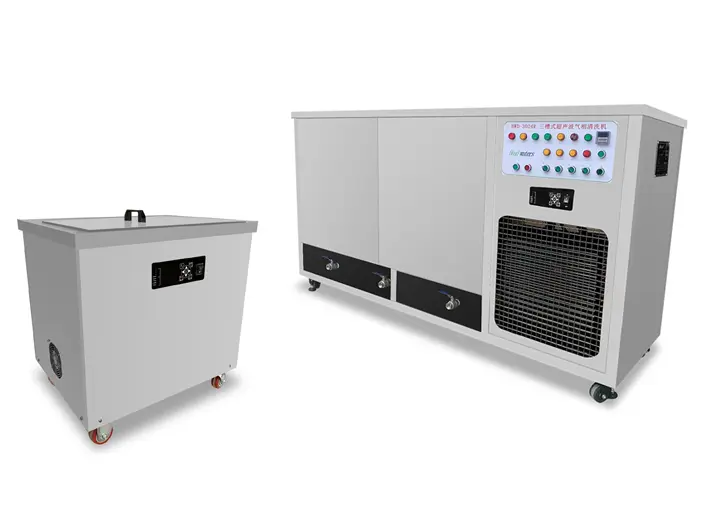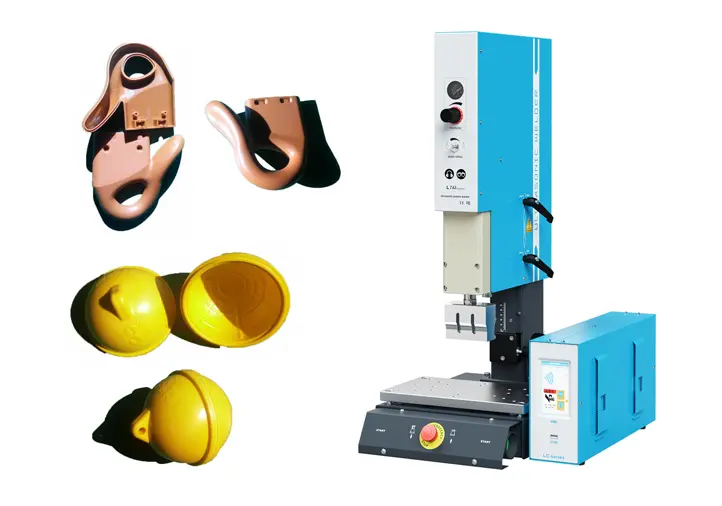Dual-purpose plates play a crucial role in fuel cells, constituting the majority (80% by mass) of the stack’s mass. They are indispensable in the operation of fuel cells, providing electrical, gas, and thermal conduction. Thus, they require excellent electrical conductivity, strong corrosion resistance, high mechanical durability, and lightweight properties.
The utilization of hydro energy in vehicles has gained significant support in recent years. The final cleaning process is essential in the manufacturing of dual-purpose plates. Currently, the cleaning process is mainly divided into two methods: solvent cleaning and water-based cleaning. Water-based cleaning is prone to corroding the products and lacks control over product stability. Additionally, water-based cleaning solutions need frequent replacement, leading to high wastewater treatment costs.
Several approaches have been explored to clean metal dual-purpose plates. Cleaning with hydrocarbons offers excellent stability, generates no emissions, allows for the recycling of cleaning solutions, and efficiently removes dirt from grooves. Hence, it stands as the best choice for the cleaning industry’s future.
Advantages of Hydrocarbon Cleaning
1. Effective Cleaning Performance: Hydrocarbon cleaning agents consist of non-polar petroleum fractions, similar to most lubricating oils, rust inhibitors, and machining oils. Following similar principles and compatibility, hydrocarbon cleaning agents excel at removing mineral oil-based contaminants compared to halogenated hydrocarbons and water.
2. Minimal Vapor Loss: Hydrocarbon cleaning agents have a high boiling point, resulting in minimal vapor loss during usage and storage. They require very low sealing requirements for packaging and equipment.
3. Low Toxicity: Toxicity tests have shown that hydrocarbon cleaning agents have extremely low toxicity levels, whether through inhalation, ingestion, or skin contact. They are not considered carcinogenic, making them a safer choice for cleaning operations.
4. Excellent Material Compatibility: Hydrocarbon cleaning agents do not contain moisture, chlorine, sulfur, or other corrosive substances. As a result, they do not corrode or oxidize various metal materials, demonstrating excellent material compatibility.

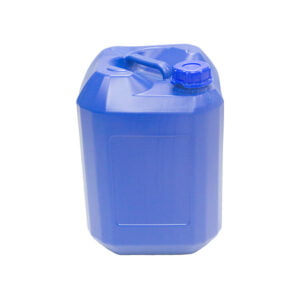
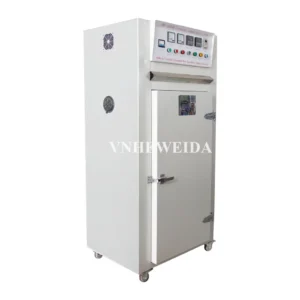
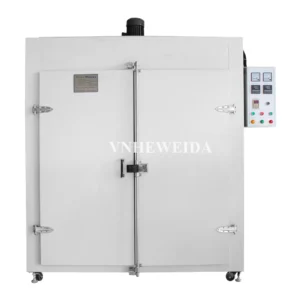
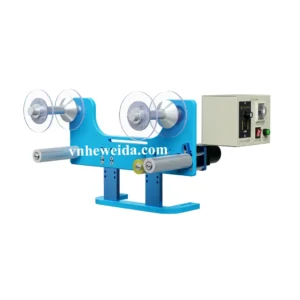
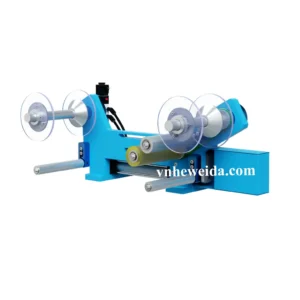
-300x300.webp)
